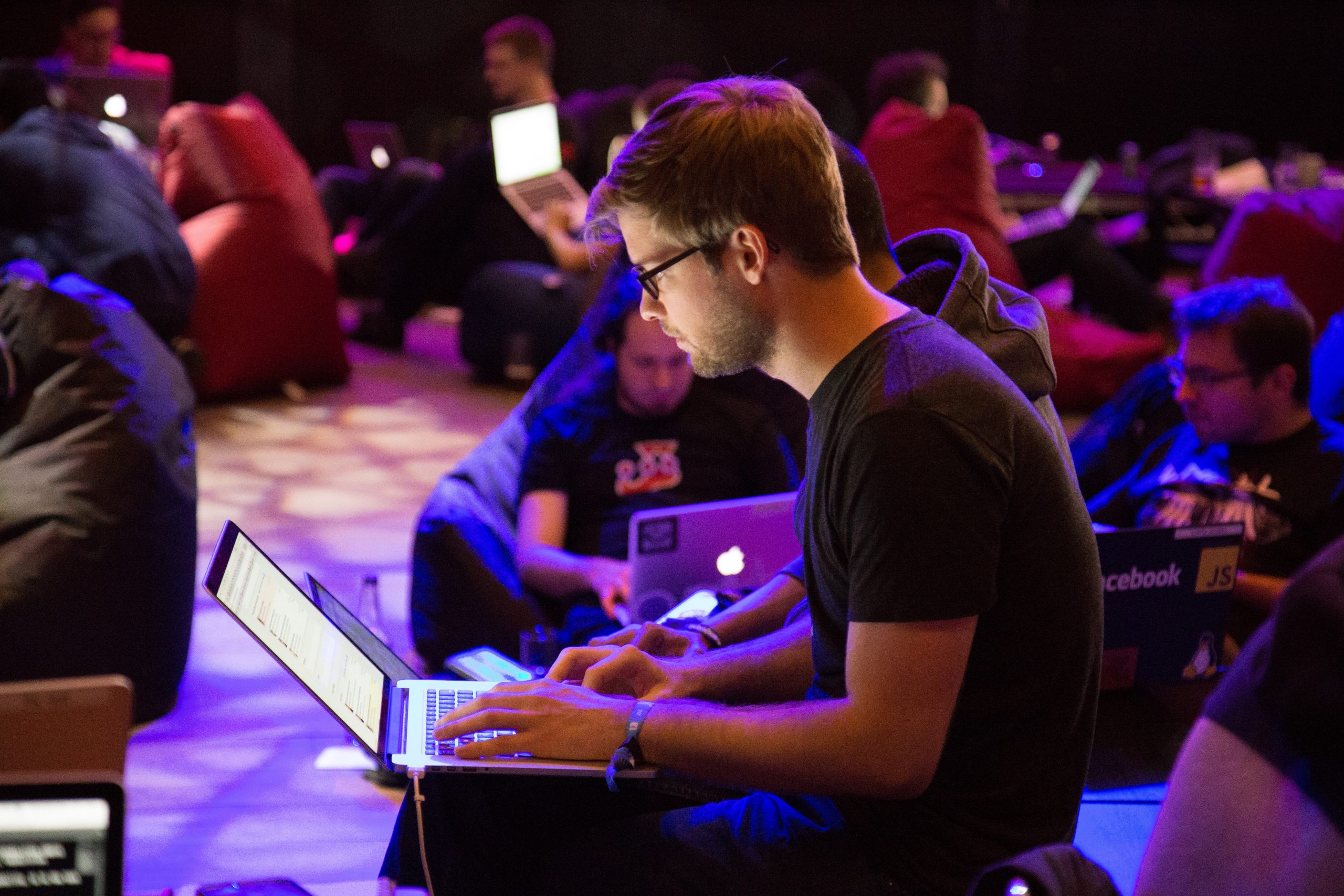
Web 3.0, also known as the semantic web, is the next evolution of the internet. It is a vision of a decentralized web, where users have more control over their data and the ability to interact with the web in a more meaningful way. This new generation of the web is being driven by advancements in technology such as blockchain, artificial intelligence, and the Internet of Things (IoT).
The current web, or Web 2.0, is largely centralized and controlled by a small number of large companies. Web 3.0 aims to change this by creating a more decentralized web, where users have more control over their data and can interact with the web in a more meaningful way. This is being made possible by the use of blockchain technology, which allows for the creation of decentralized applications (dApps) and the management of digital assets.
One of the key features of Web 3.0 is the ability to create and manage digital assets. This includes things like digital currencies, digital collectibles, and other types of digital assets. This will have a significant impact on the way businesses operate and the way consumers interact with products and services.
Another key feature of Web 3.0 is the ability to create decentralized applications (dApps). These are applications that run on a blockchain and are not controlled by any single entity. This opens up a whole new world of possibilities for businesses and consumers, as it allows for the creation of new types of products and services that were not possible before.
Web 3.0 also has the potential to bring about a new era of personalization and customization. The use of artificial intelligence and machine learning will allow for the creation of more personalized and engaging products and services. This will have a significant impact on the way businesses interact with consumers, and will change the way products and services are marketed.
The impact of Web 3.0 on the product and marketing side of things will be significant. The ability to create and manage digital assets and decentralized applications will change the way businesses operate and the way consumers interact with products and services. The use of artificial intelligence and machine learning will also bring about a new era of personalization and customization, which will change the way products and services are marketed.
In conclusion, Web 3.0 is the future of the internet. The advancements in technology such as blockchain, artificial intelligence, and the Internet of Things will bring about a more decentralized web, where users have more control over their data and can interact with the web in a more meaningful way. This will have a significant impact on the way businesses operate and the way consumers interact with products and services, and it will change the way products and services are marketed. As we move forward into the future, it will be interesting to see how these technologies continue to evolve and how they will shape the way we interact with the web.
